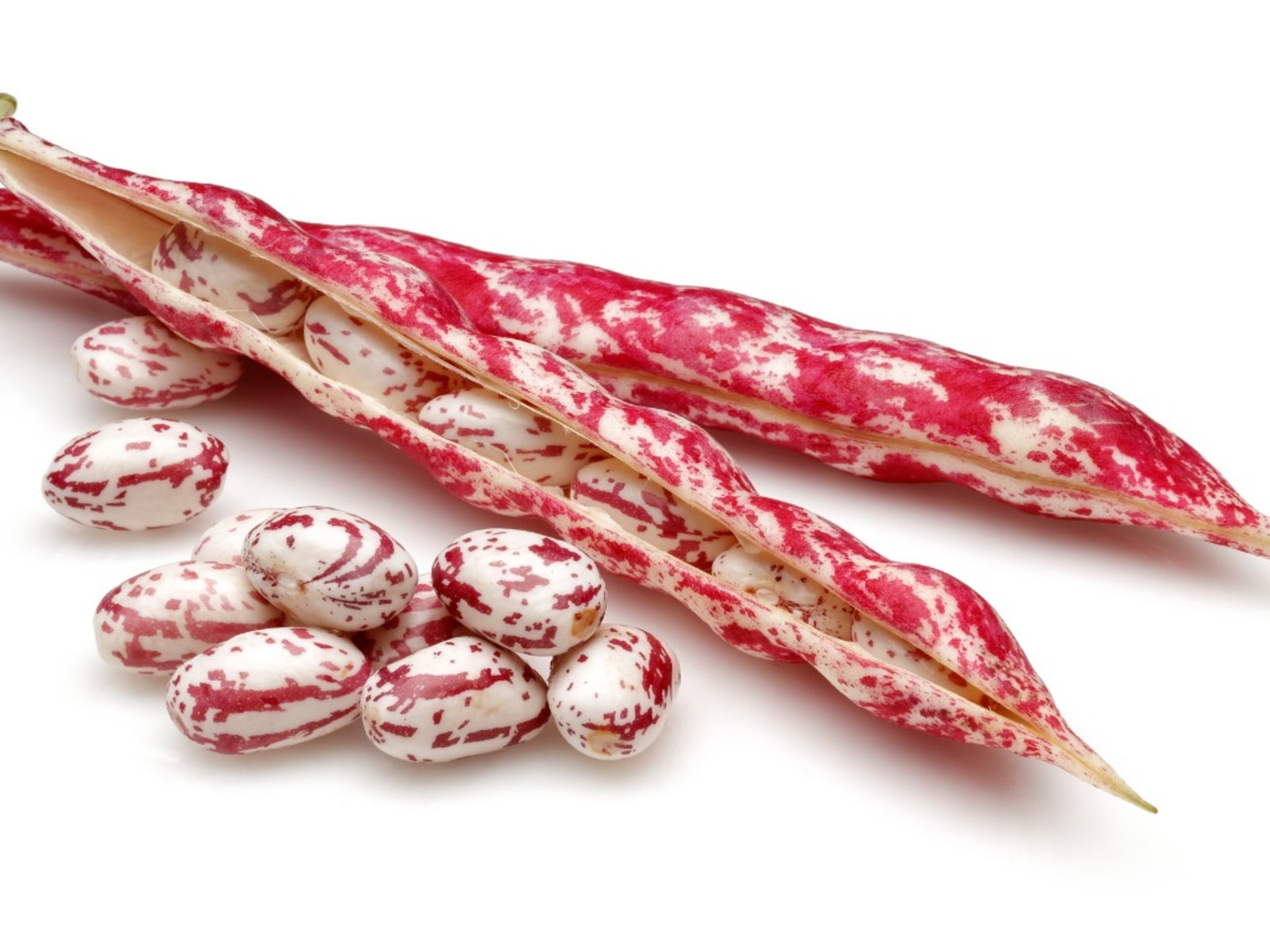Saving Bean Seeds: How And When To Harvest Bean Seeds

Beans, glorious beans! Second only to the tomato as the most popular home garden crop, bean seeds can be saved for the following season's garden. Originating in southern Mexico, Guatemala, Honduras, and Costa Rica beans are generally classified by their growth habit and nearly all varieties may be saved via seed for future use. Any number of vegetable and fruit seeds may be salvaged from the parent plant for future sowing, however, tomatoes, peppers, beans, and peas are the simplest, requiring no special treatment before storing. This is because bean plants and the like are self-pollinating. When encountering plants that cross-pollinate, you should be aware that the seeds may result in plants unlike the parent plant. Seeds taken from cucumbers, melons, squash, pumpkins, and gourds are all cross-pollinated by insects, which may affect the quality of the successive plants grown from these seeds.
How to Save Bean Seeds
Harvesting of bean pods for seeds is easy. The key to saving bean seeds is to allow the pods to ripen on the plant until dried and beginning to brown. The seeds will loosen up and can be heard rattling around inside the pod when shaken. This process may take a month or so past the point of a normal harvest for eating purposes. Once the pods have dried on the plant, this is when to harvest bean seeds. Remove the pods from the plants and lay them out to dry inside for at least two weeks. After the two weeks have passed following the harvesting of bean pods, shell the beans or you can leave the seeds within the pods until the planting season.
Bean Seed Storage
When storing seeds, place in a tightly sealed glass jar or other container. Different varieties of beans may be stored together but wrapped in individual paper packages and clearly labeled with their name, variety, and collection date. Your bean seeds should stay cool and dry, around 32 to 41 degrees F. (0-5 C.). The refrigerator is a perfect place for bean seed storage. In order to keep the bean seeds from molding due to absorbing too much moisture, a little bit of silica gel can be added to the container. Silica gel is used for drying flowers and can be obtained in bulk from a craft supply store. Powdered milk is another option in utilizing as a desiccant. One to two tablespoons of powdered milk wrapped in a piece of cheesecloth or tissue will continue to absorb moisture from the bean seed container for about six months. When saving bean seeds, use open-pollinated varieties rather than hybrids. Often called “heirlooms,” open-pollinated plants have traits passed down from the parent plant which tend to bear similar fruit and set seed that result in similar plants. Make sure to choose seeds from the parent plant that derive from the most vigorous, best tasting specimen in your garden.
Gardening tips, videos, info and more delivered right to your inbox!
Sign up for the Gardening Know How newsletter today and receive a free copy of our e-book "How to Grow Delicious Tomatoes".

Amy Grant has been gardening for 30 years and writing for 15. A professional chef and caterer, Amy's area of expertise is culinary gardening.
-
 Looking For Plants To Give You The Soft And Fuzzies? Try These 5 Fuzzy Leaf Plant Options
Looking For Plants To Give You The Soft And Fuzzies? Try These 5 Fuzzy Leaf Plant OptionsLovers of texture, drama, silver foliage and tactile plants will adore these special sensory garden additions. These fuzzy leaf plant options will leave you all aglow
By Susan Albert
-
 Get Ready For A Summer Of Hummers! Grow These Full Sun Hummingbird Plants and Flowers
Get Ready For A Summer Of Hummers! Grow These Full Sun Hummingbird Plants and FlowersIf you’re lucky enough to enjoy a sunny backyard, make sure you are maxing out on your pollinator opportunities and grow these full sun hummingbird plants and flowers
By Tonya Barnett